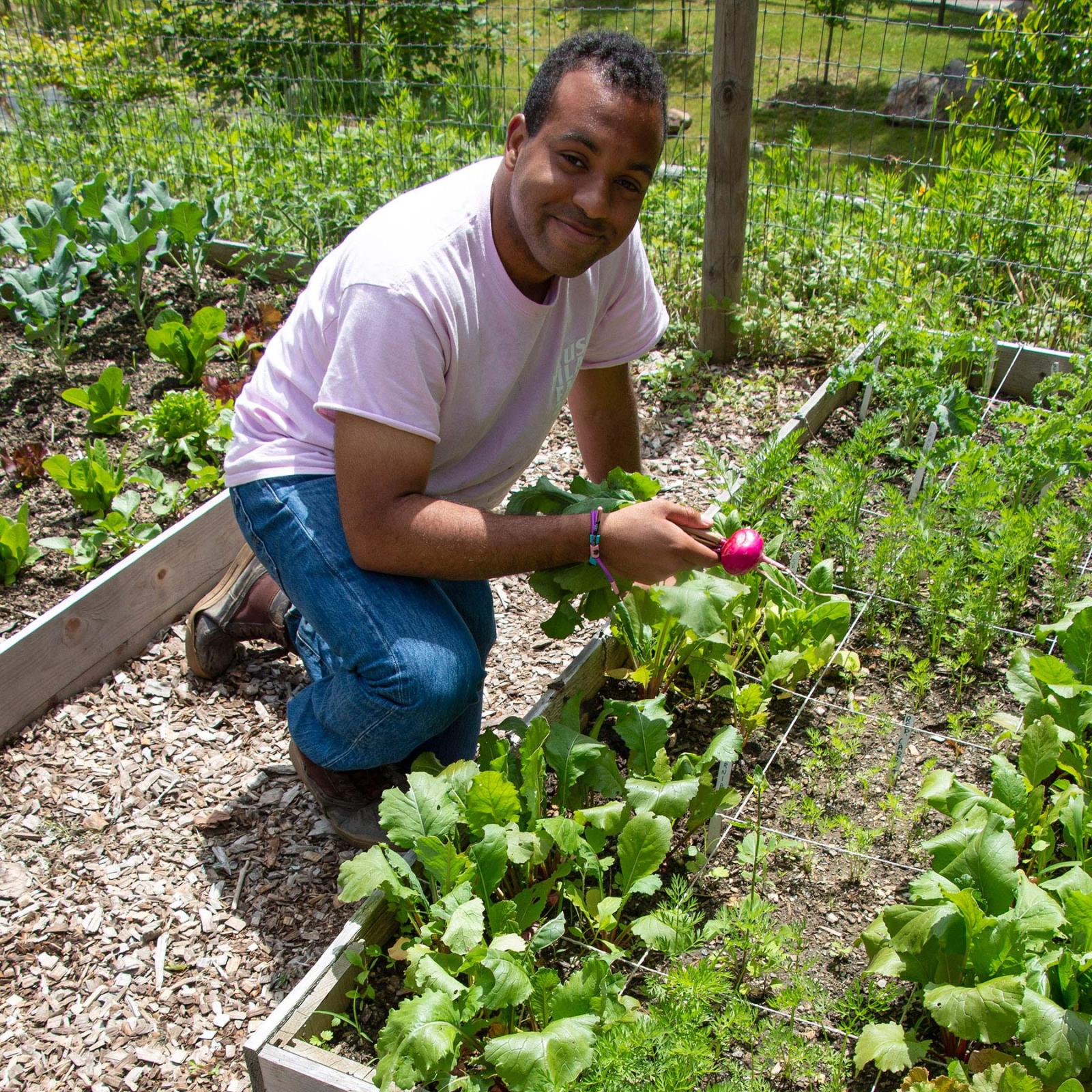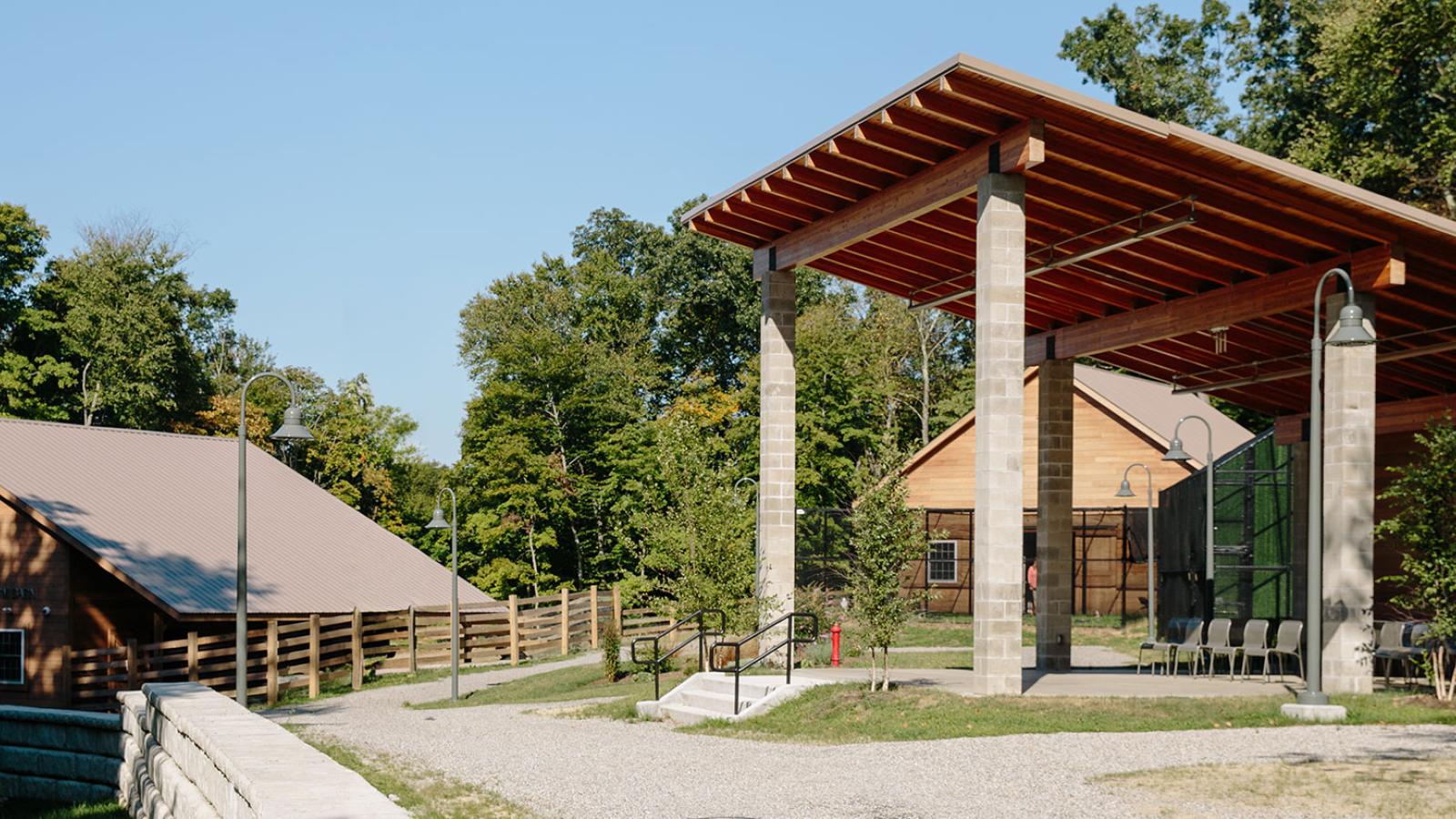Research Opportunities
The Conservation Center supports research both on-campus as well as in the community, with several affiliated students, staff, faculty, community members, and researchers conducting research in collaboration with the Center. The Center supports research in biodiversity, wildlife conservation, environmental policy, environmental justice, and more, in urban and suburban contexts.
If you are interested in working with us to create or continue a research project, email the Conservation Center.
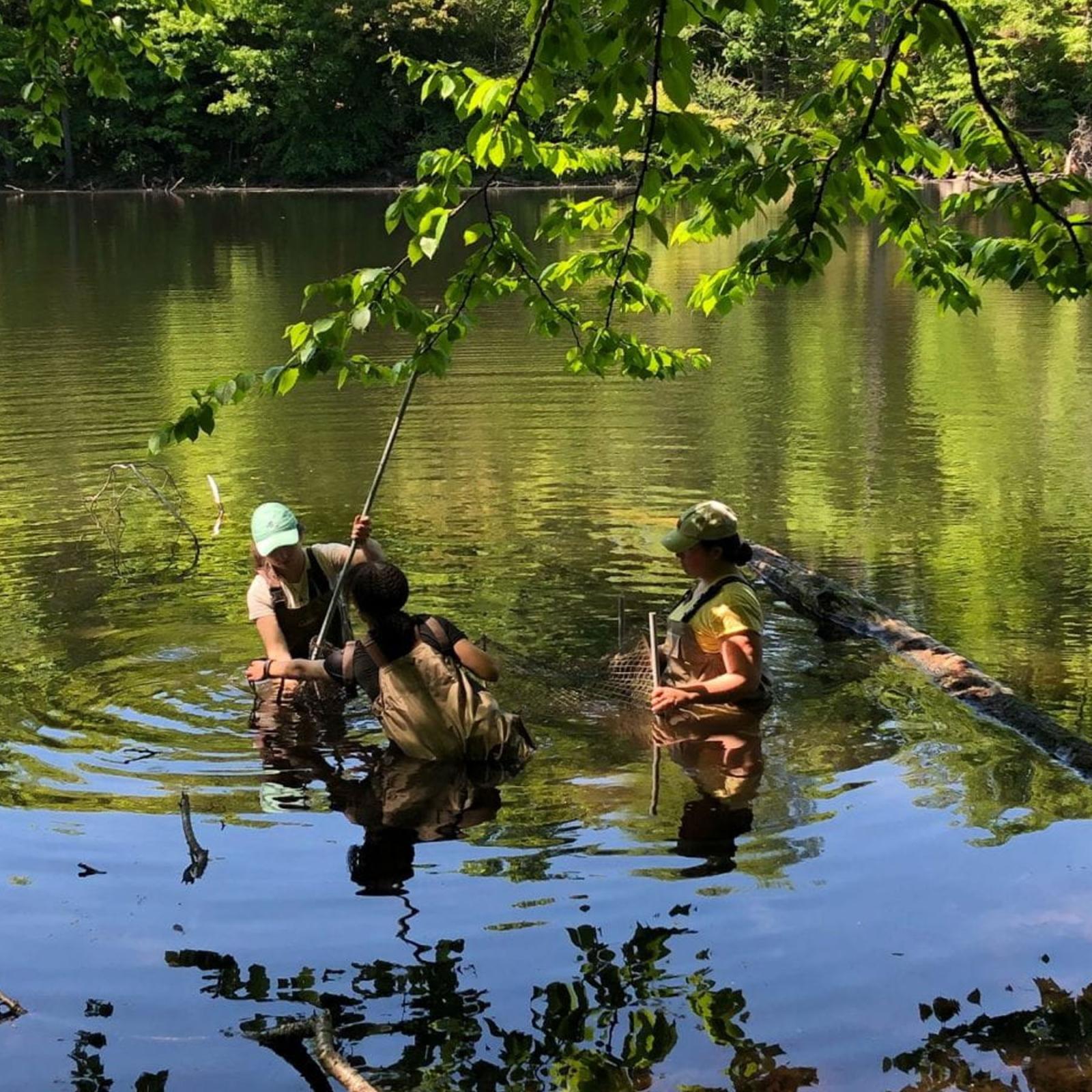
Our Facilities
- Environmental lab and classroom
- 50-acre forest
- Pollinator gardens
- Hiking trail
- Native plant meadow
- Organic vegetable garden
- Streams, ponds, wetland
- Expertise in plant ecology, wildlife, ecosystems, water quality, climate change, environmental justice, environmental policy, sustainability, sustainable agriculture, geographic information systems (GIS), and statistics
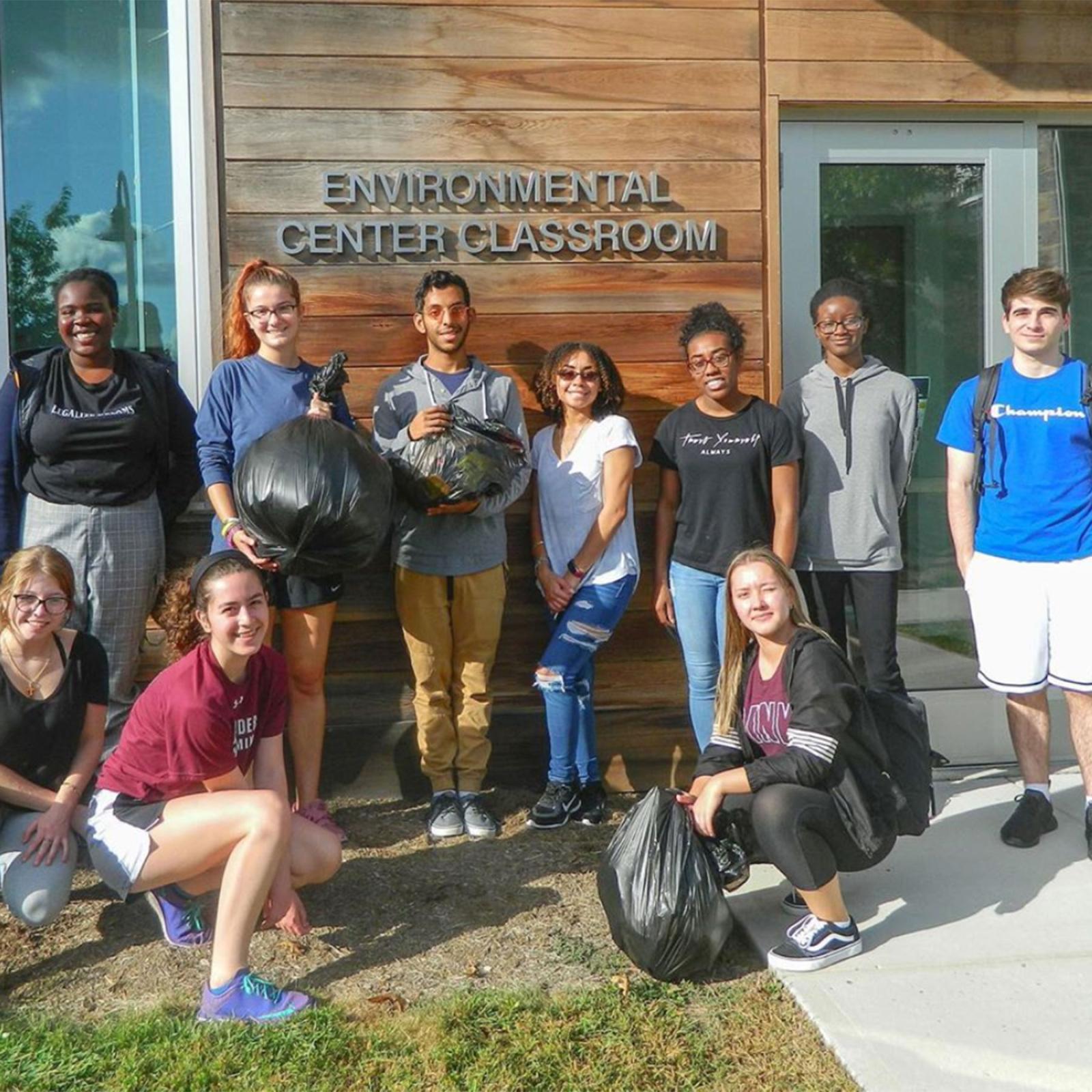
Community-Based Research
The Center supports community-based research programs focused on developing student experience while supporting the needs of local collaborators.
Some recent projects include mapping wetlands in Mount Pleasant, New York, and conducting biodiversity studies to support a town-wide Natural Resource Inventory in Ridgefield, Connecticut. Students presented findings of their water quality monitoring project of Peekskill Hollow Brook, which provides the water supply for Peekskill and a supplemental supply for several neighboring communities. This research will be used to identify threats to the river and ultimately develop mitigation to conserve this resource.
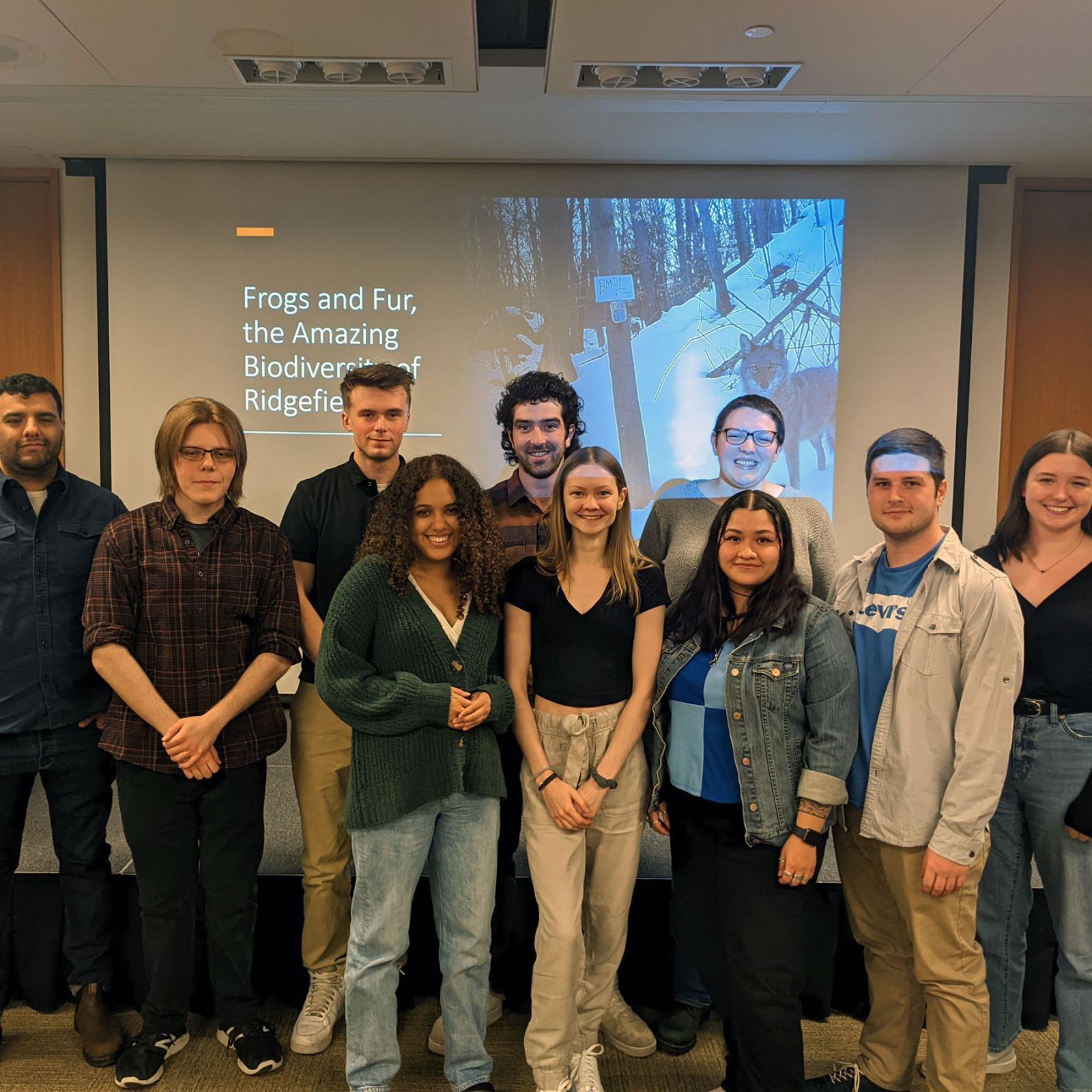
NestWatch
The Conservation Center is an officially recognized NestWatch Chapter by the Cornell Lab or Ornithology. This designation allows the Center to educate the public on the importance of the program and to train individuals in the techniques needed to successfully collect nesting data.
NestWatch is a participatory science program that allows the public to submit valuable data on breeding birds, their movements, and behavior. With the help of volunteers, wooden nesting boxes were built and placed around the Conservation Center. These boxes are being monitored for breeding bird activity, and the recorded data is actively being submitted to the NestWatch program.
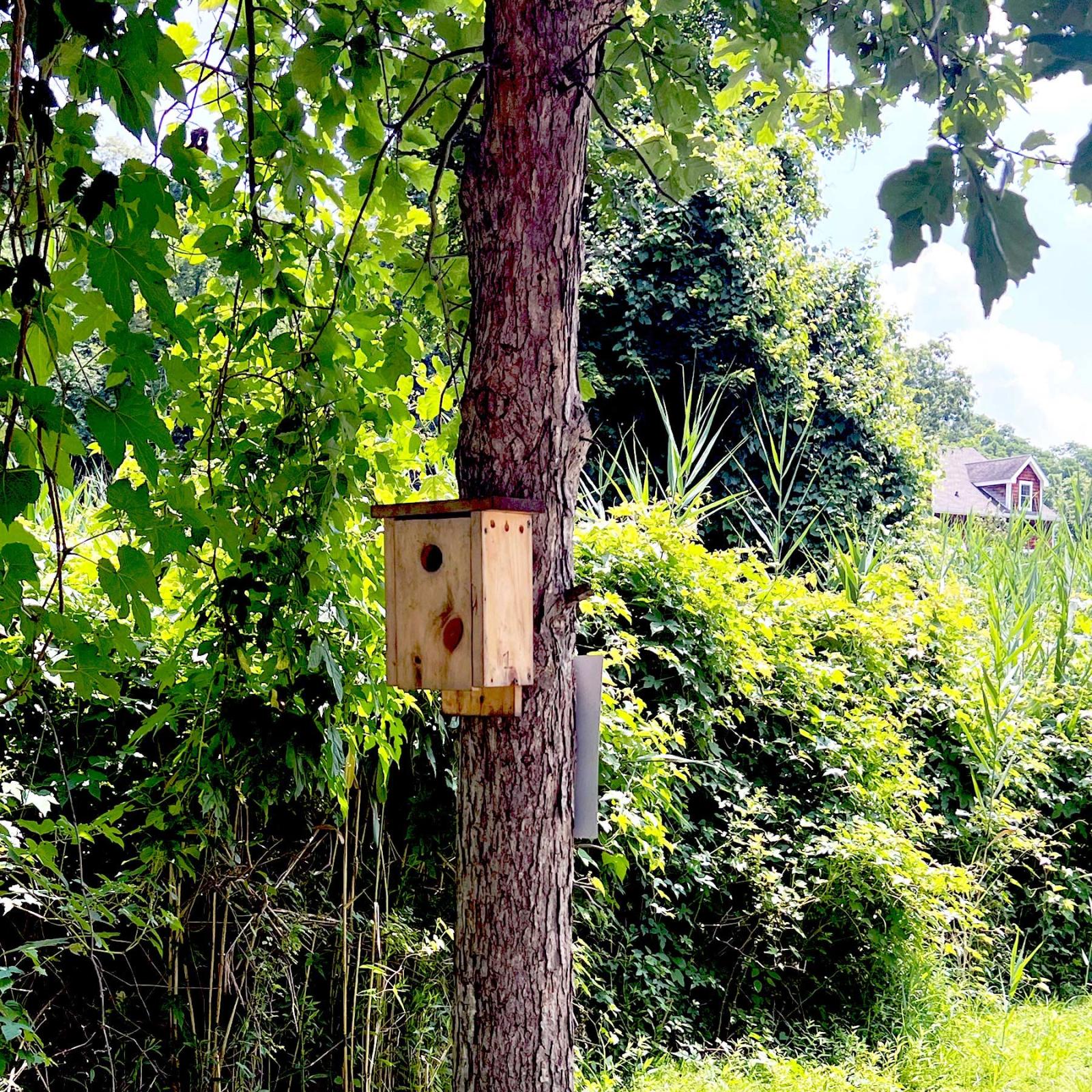
The Native Plant Propagation Project is an educational resource for the Pace community and the public to learn about native grassland and pollinator plants. The plants, which were donated to the Center by the Xerces Society for Invertebrate Conservation’s Pollinator Habitat Project and by Hilltop Hanover Farm’s Native Plant Program, will be used in environmental coursework, labs, and research projects.
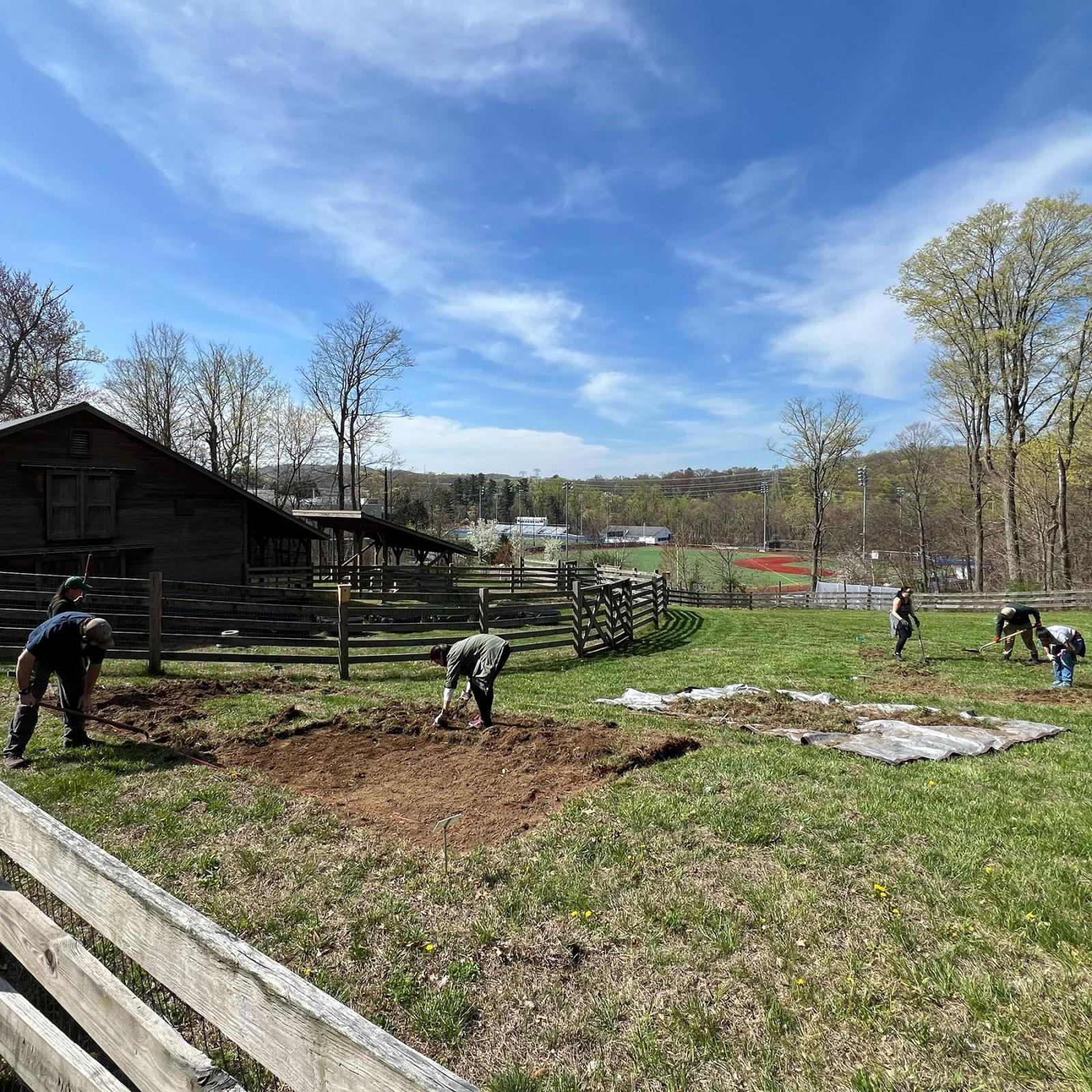
Located at the end of the Cheever Trail, the Conservation Center’s Organic Vegetable Garden is used as a demonstration plot and is available for academic research projects involving soil health and sustainable agriculture techniques.
Volunteers grow a variety of produce that is donated to Pace University’s food pantry located in Elm Hall, for students, staff, faculty, and volunteers to enjoy for free.
